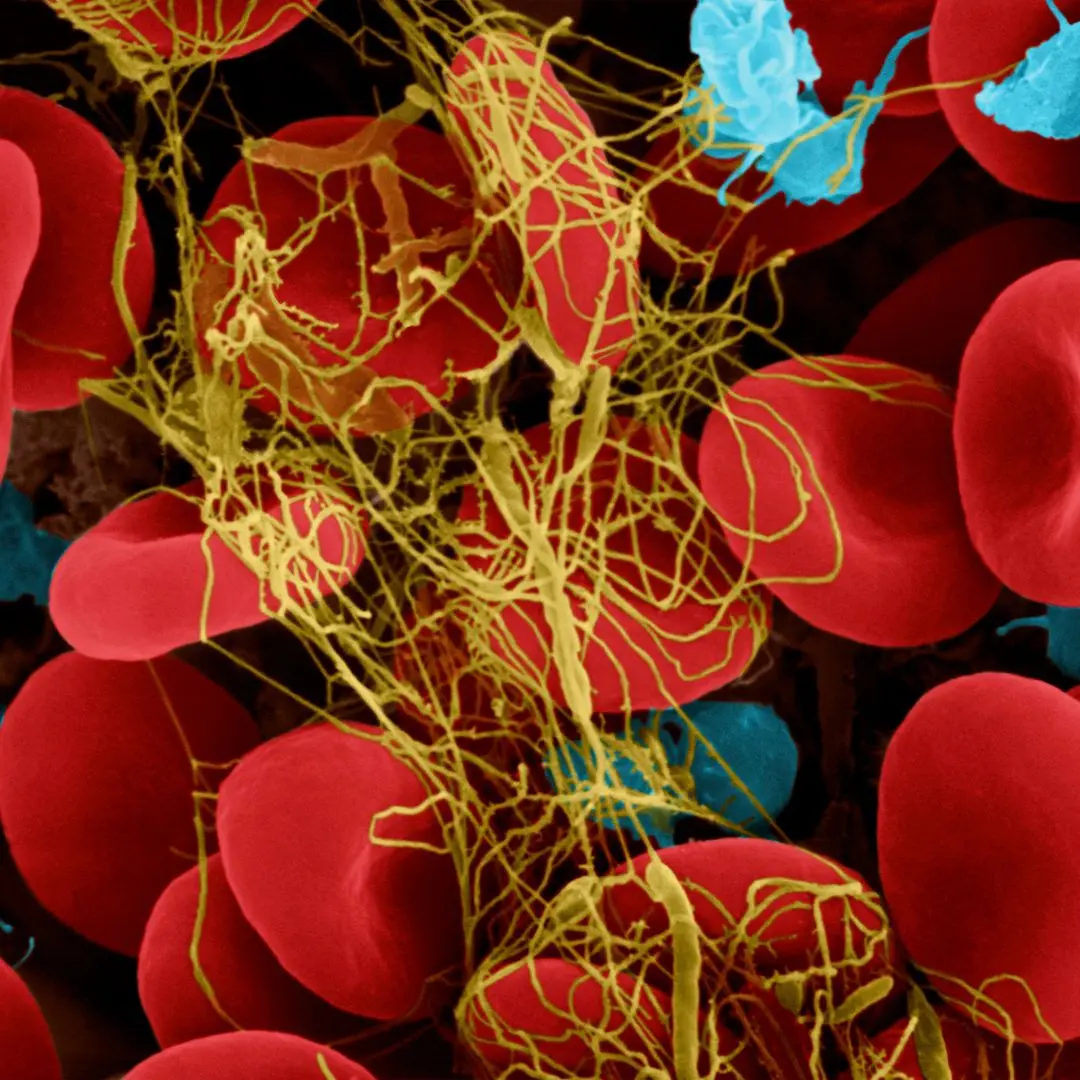The relationship between ulcers and cancer has been a topic of medical research for many years.

Blog
Ulcer Causes Cancer: Exploring the Connection
The relationship between ulcers and cancer has been a topic of medical research for many years. Ulcers are open sores that can develop on the lining of the stomach, small intestine, or esophagus. While not all ulcers lead to cancer, certain types and conditions can increase the risk. This article explores the connection between ulcers and cancer, focusing on how ulcers form, their causes, and the potential for them to develop into cancer.
Ulcers are open sores that occur on the mucous membranes of the body. They can be classified into several types, including peptic ulcers, which are the most common and occur in the stomach and upper part of the small intestine. Ulcers can cause significant discomfort and, if left untreated, can lead to serious complications. The primary symptoms of ulcers include burning stomach pain, bloating, heartburn, nausea, and in severe cases, vomiting blood or having black stools.
Ulcers can be categorized based on their location and the underlying causes. The main types of ulcers include:
Peptic ulcers are sores that develop on the lining of the stomach, small intestine, or esophagus. They are further classified into gastric ulcers (stomach), duodenal ulcers (small intestine), and esophageal ulcers.
These ulcers occur on the lining of the stomach. They can cause significant pain and discomfort, especially after eating.
Duodenal ulcers are found in the upper part of the small intestine (duodenum). They often cause pain a few hours after eating and can lead to complications if not treated.
These ulcers develop in the esophagus, the tube that carries food from the mouth to the stomach. They can cause pain while swallowing and are often associated with acid reflux disease.
Several factors can contribute to the development of ulcers. The most common causes include:
H. pylori is a type of bacteria that can infect the stomach lining and cause inflammation. This infection is a major cause of peptic ulcers.
Long-term use of NSAIDs, such as ibuprofen and aspirin, can irritate the stomach lining and lead to ulcer formation.
Alcohol can erode the mucous lining of the stomach, increasing the risk of ulcers.
Smoking can impair the protective lining of the stomach and increase acid production, leading to ulcers.
Chronic stress can increase stomach acid production and reduce the body's ability to heal, contributing to ulcer development.
While spicy foods do not directly cause ulcers, they can exacerbate symptoms in individuals with existing ulcers.
The link between ulcers and cancer primarily involves chronic inflammation and cellular damage. Persistent ulcers, particularly those caused by H. pylori infection, can lead to changes in the stomach lining over time. This chronic inflammation can increase the risk of developing gastric (stomach) cancer. Here are some ways ulcers can potentially lead to cancer:
Long-term inflammation caused by H. pylori infection or other irritants can damage the stomach lining and lead to cellular changes, increasing the risk of cancer.
Chronic inflammation can cause metaplasia, a process where normal stomach cells transform into abnormal cells. These changes can be precursors to cancer.
Dysplasia refers to the presence of abnormal cells that have the potential to become cancerous. Persistent ulcers can contribute to the development of dysplasia in the stomach lining.
In rare cases, untreated ulcers can lead to the formation of tumors in the stomach lining, which may develop into cancer over time.
While not all ulcers lead to cancer, taking steps to prevent and treat ulcers can reduce the risk. Key preventive measures include:
If diagnosed with H. pylori infection, completing the prescribed antibiotic treatment can eradicate the bacteria and reduce ulcer recurrence.
Avoiding long-term use of NSAIDs or using alternative pain relief methods can help prevent ulcers.
Limiting alcohol consumption can reduce the risk of stomach lining irritation and ulcer formation.
Quitting smoking can enhance the stomach's protective mechanisms and reduce acid production, lowering the risk of ulcers.
Adopting stress management techniques, such as meditation and exercise, can help reduce the risk of ulcers.
Routine medical check-ups can help detect ulcers early and monitor any changes that could indicate a risk of cancer.
Early detection of ulcers and potential cancerous changes is crucial. Symptoms to watch for include:
Ongoing pain that does not improve with over-the-counter medications or lifestyle changes.
Losing weight without trying can be a sign of underlying issues.
Vomiting blood or having black, tarry stools can indicate bleeding ulcers or other serious conditions.
Trouble swallowing, especially if accompanied by pain, may suggest esophageal ulcers or cancer.
Chronic nausea and vomiting can be symptoms of severe ulcers or other gastrointestinal issues.
While not all ulcers cause cancer, chronic ulcers, especially those associated with H. pylori infection, can increase the risk. Understanding the causes and symptoms of ulcers, and taking steps to prevent and treat them, is essential for reducing the risk of cancer. Early detection and treatment of ulcers can prevent complications and improve outcomes. Regular medical check-ups and a healthy lifestyle are crucial in managing and preventing ulcer-related health issues.
Ulcers are open sores that occur on the mucous membranes of the body. They can be classified into several types, including peptic ulcers, which are the most common and occur in the stomach and upper part of the small intestine. Ulcers can cause significant discomfort and, if left untreated, can lead to serious complications. The primary symptoms of ulcers include burning stomach pain, bloating, heartburn, nausea, and in severe cases, vomiting blood or having black stools.
Ulcers can be categorized based on their location and the underlying causes. The main types of ulcers include:
While not all ulcers lead to cancer, taking steps to prevent and treat ulcers can reduce the risk. Key preventive measures include:
Need Personalized Health Guidance?
Get expert advice tailored to your specific health needs from our qualified healthcare professionals.





